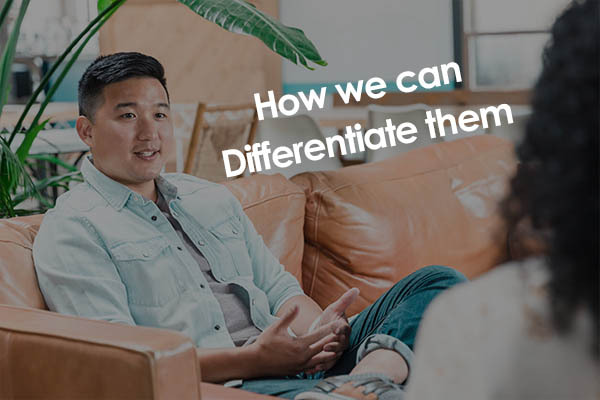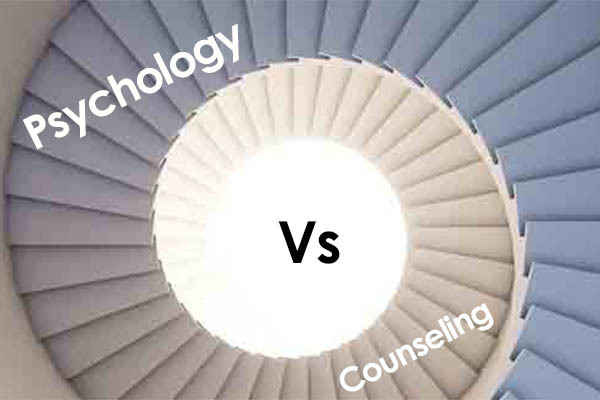The basics of psychology
Psychology is the scientific study of behavior and mental processes. It examines how people think, feels, behave, and interact with each other. Psychology covers a wide range of topics from basic research on emotions and cognition to more complex studies on relationships and clinical diagnosis.
At its core, psychology focuses on understanding the biological and environmental factors that influence human behavior. Psychologists explore the way humans respond to stimuli, learn new skills, solve problems, make decisions, and develop habits. They also seek to understand why people have certain mental disorders, as well as the different treatment options available.
By conducting research and experiments, psychologists can develop theories to explain various psychological phenomena. These theories are used to create treatments and therapies to help individuals manage or improve their mental health.Psychologists are licensed professionals who can diagnose and treat mental health issues. They typically work in private practices, hospitals, or other healthcare settings. Depending on their specialization, psychologists may focus on providing individual or group therapy, doing research, consulting with businesses, or teaching.
The field of psychology is constantly evolving and there are many different areas of specialization including educational psychology, developmental psychology, forensic psychology, clinical psychology, counseling psychology, and social psychology.
The basics of counseling
Counseling is a type of therapy that focuses on helping individuals and groups understand their thoughts, feelings, and behaviors in order to better cope with life’s challenges. Counseling is typically provided by a licensed mental health professional, such as a psychologist, social worker, marriage and family therapist, or psychiatrist.Counseling can be used to help people with mental health issues, as well as those struggling with daily life stressors, such as relationship problems, career changes, financial difficulties, or other personal issues. It can also be beneficial to those seeking self-improvement and overall mental wellness.
The goal of counseling is to help individuals recognize unhealthy patterns of behavior and to learn new, more adaptive ways of responding to the stresses of life. It can involve a range of approaches, from traditional talk therapy to more creative forms of expression, such as art therapy or play therapy. Counseling typically takes place in a private office setting and can last for short or long periods of time.
How do they differ?

Psychology is focused on understanding and studying the science behind how people think, feel, and act. Psychologists will use research-based techniques to gain an understanding of mental processes and behavior. They can also use psychological testing, interviews, and observation to diagnose mental health issues.
Counseling focuses more on the individual and their individual needs. Counselors use talk therapy to address the thoughts, feelings, and behaviors of their clients. They work with individuals to help them create strategies for managing stress and improving their overall mental health.
The main difference between psychology and counseling is that psychology focuses on the science of mental health while counseling focuses on the individual needs of the client. Additionally, psychologists typically provide more traditional treatments such as psychotherapy while counselors provide more personal guidance and support.
Which one is right for you?
The decision of whether to pursue psychology or counseling depends on the type of help you need and the type of career you would like to have. It’s important to consider your goals and interests before deciding which one is right for you. If you are looking for insight into your own mental processes, and exploring how your thoughts, feelings, and behaviors interact, then psychology may be the better option for you. A psychologist may specialize in working with adults, children, families, or certain populations.
A psychologist may provide psychotherapy services, psychological testing, and research to understand behavior and mental processes. On the other hand, if you are looking for support and assistance in resolving specific issues, such as depression, anxiety, substance abuse, family conflicts, or work-related issues, then counseling may be the right choice for you. Counseling is focused on helping individuals find solutions to their problems through guidance, support, and understanding. A counselor may specialize in a variety of areas including career counseling, marriage and family therapy, grief counseling, and substance abuse counseling.
Ultimately, the decision of which one is right for you will depend on your individual needs and goals. Whether you decide to pursue psychology or counseling, it’s important to seek out qualified professionals who can help you get the care and support you need.

